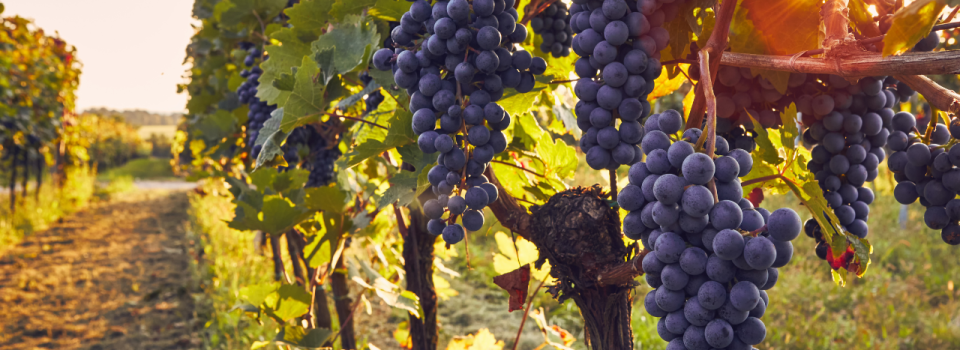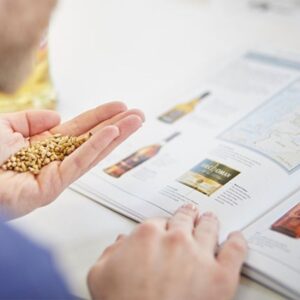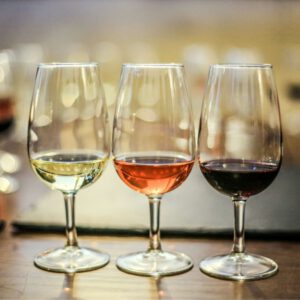Consumers and wine professionals are increasingly valuing quality, transparency, and sustainability in viticulture. In France, nearly 25% of vineyards are now certified organic, marking a significant shift that reflects evolving expectations. Organic wines, biodynamic wines, and natural wines attract both curious enthusiasts and sommeliers or wine merchants eager to understand how cultivation and winemaking methods influence flavor and wine typicity.
But what exactly are the differences between organic, biodynamic, and natural wines?
How do these practices impact winemaking, aromatic profile, and the final quality of the bottle? Understanding these distinctions is essential for selecting, tasting, and recommending these wines with expertise.
In this article, we provide a comprehensive overview of these three approaches, detailing their cultivation principles, natural winemaking techniques, and expression in tasting. You will discover how each method shapes aroma, texture, and the identity of the wines, and why training on these grape varieties and styles with Weeno can enhance your expertise and professional opportunities.
1. Organic wines: principles and practices
The term organic wine refers to wines produced using environmentally respectful methods, governed by strict European and international regulations. In Europe, the “green leaf” logo and, in France, the AB label (Agriculture Biologique)certify that the vineyard is cultivated without synthetic pesticides or fertilizers.
In the United States, the USDA Organic certification plays a similar role, ensuring strict compliance with organic viticulture practices.
Organic wine labels: AB, USDA Organic, and equivalents
Organic wines are produced under strict standards aimed at preserving the environment and consumer health. These labels guarantee that the vineyard is cultivated without synthetic chemicals and that eco-friendly practices are followed.
- AB (Agriculture Biologique, France/EU): certifies that the grapes come from organically farmed vineyards and that winemaking uses limited additives (yeasts, sulfites).
- USDA Organic (United States): American standard ensuring grapes are organically grown and winemaking practices are respectful of the environment.
- Other European or international labels: Soil Association (UK), Bio Suisse (Switzerland), etc.
These certifications make it easy for consumers to identify organic wines while highlighting the terroir’s expression and aromatic freshness.
⚠️ Note: The HVE label is an environmental certification promoting general sustainability in the vineyard but is not an organic label. HVE wines may use certain authorized chemicals, whereas organic wines strictly prohibit these inputs.

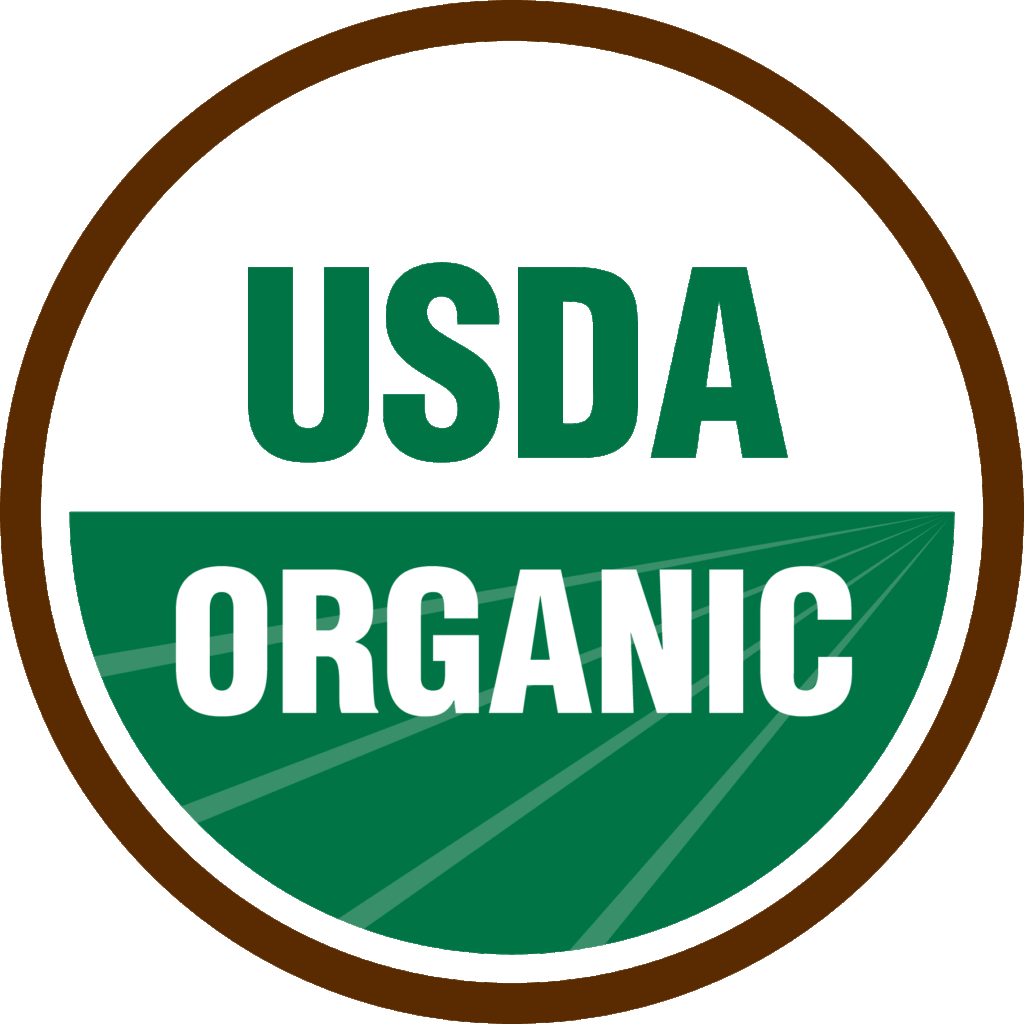
Viticultural practices
In organic wine production, vineyards are cultivated with minimal use of chemicals. Only certain natural or authorized treatments, such as sulfur and copper to prevent diseases, may be used, always within strictly regulated limits.
This approach promotes biodiversity, preserves soil health, and reflects a strong commitment to environmental sustainability.
Winemaking
Organic winemaking adheres to principles of natural expression: winemakers favor indigenous yeasts (present in the vineyard and winery) for fermentation, although selected yeasts may be used as a backup if fermentation does not complete properly. Sulfite additions, used for antiseptic and antioxidant purposes, are kept to a minimum to allow the grape and terroir to express themselves as faithfully as possible.
Style and taste
It is often difficult to distinguish blind between an organic and a conventionally produced wine. However, organic wines are frequently characterized by vivid fruit flavors, freshness, and a strong expression of terroir. This sensory authenticity makes organic wines highly prized by both enthusiasts and wine professionals who value understanding the provenance and quality of the bottles they taste or recommend.
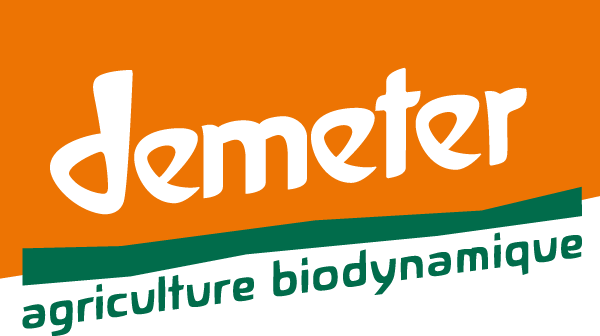
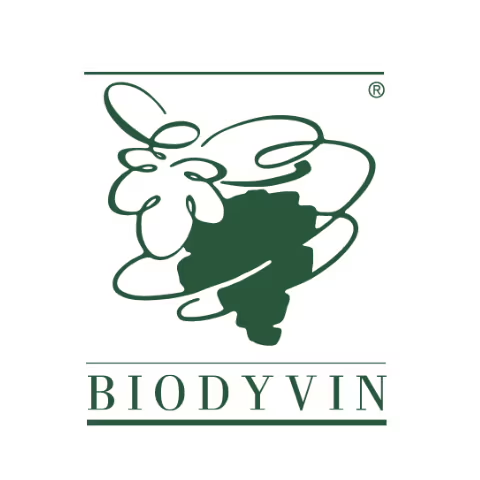
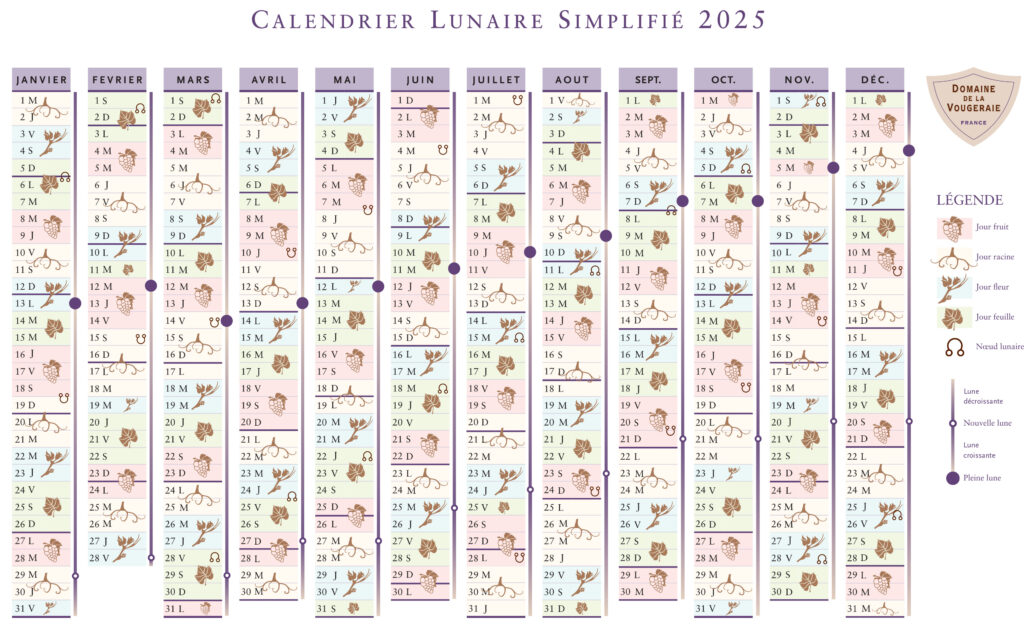
2. Biodynamic wines: philosophy and techniques
Biodynamic wines go beyond conventional organic viticulture by integrating a holistic, cosmological, and spiritual approach to vineyard management. Inspired by the works of Rudolf Steiner and Maria Thun in the 1920s, biodynamicsviews the vineyard as a living organism, where every element—soil, plant, and sky—is interconnected.
Among the most recognized certifications for biodynamic wines, Demeter and Biodyvin play a central role in ensuring environmentally respectful and vineyard-conscious practices.
Demeter certification
Founded in Germany, Demeter is a label applied across all biodynamic agricultural productions. On a wine bottle, it certifies that the vineyard strictly follows Rudolf Steiner’s biodynamic principles, including the use of natural preparations, adherence to the lunar calendar, and a total ban on synthetic chemicals. Each stage of production, from vineyard management to winemaking, is controlled to ensure authenticity and sustainability.
Examples of Demeter-certified wineries: Domaine de l’Ecu (Loire), Domaine Gramenon (Rhône), Mas del Périé (Cahors), Domaine Loew (Alsace), Domaine Tripoz (Burgundy), Château de Beru (Chablis), Champagne Bourgeois Diaz, among others.
Biodyvin certification
Biodyvin, founded in France by a collective of winemakers, includes over 200 member estates. The label operates on similar principles, with particular attention to terroir expression and organoleptic quality. Producers must adhere to biodynamic practices in the vineyard, minimize intervention in the winery, and undergo regular audits.
Examples of Biodyvin-certified wineries: Château Haut-Bergey (Pessac-Léognan), Champagne Fleury, Champagne Heucq, Château de Fosse-Sèche (Loire), Clos de L’Ours (Provence), Domaine Albert Mann (Alsace), among others.
These labels provide consumers with a guarantee of rigor and coherence, helping distinguish true biodynamic wines from those merely inspired by biodynamic principles. They are also invaluable for professionals seeking to deepen their understanding of environmentally respectful and terroir-focused wines.
Biodynamic viticulture practices
Biodynamic viticulture relies on specific practices and natural preparations, such as composts enriched with medicinal plants or minerals, which enhance soil vitality and vine health. The practice follows a lunar and planetary calendar, determining optimal periods for pruning, harvesting, and treatments to respect the natural rhythm of the vine. Fertilization is entirely natural, and synthetic chemicals are strictly forbidden, ensuring maximum harmony with the environment.
Winemaking
From a winemaking perspective, biodynamic wines are similar to organic wines: the use of indigenous yeasts is favored, sulfite additions are limited, and interventions are minimal. However, the emphasis on synchronizing the vine with nature and lunar cycles directly influences fermentation practices and the wine’s final balance.
Style and taste
Biodynamic wines are highly diverse but are generally distinguished by their aromatic complexity, typicity, vibrancy, and intense terroir expression. The combination of eco-friendly vineyard practices and natural winemaking techniques results in wines that faithfully reflect the climate, soil, and character of the grape, producing wines that are both regionally expressive and deeply Mediterranean.
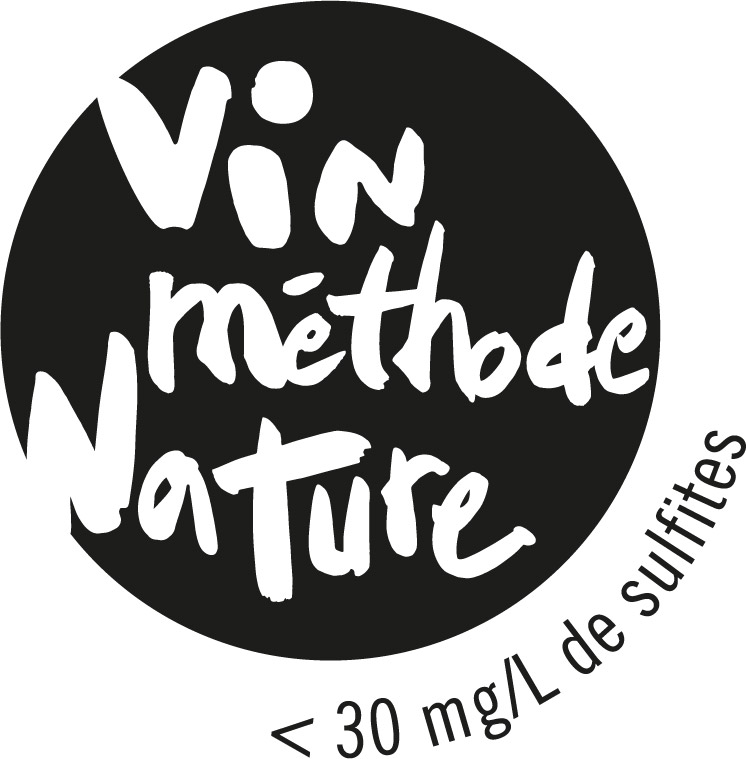
3. Natural wines: extreme minimalism
Natural wines represent the most radical philosophy in responsible viticulture. They are made from grapes grown organically or biodynamically, but their uniqueness lies in minimal intervention in the winery.
Definition and philosophy
A natural wine is characterized by:
- The exclusive use of indigenous yeasts for fermentation.
- The absence of oenological additives, except for a very small addition of sulfites (often below 30 mg/L).
- Winemaking guided solely by the fruit and terroir, allowing the wine to express itself freely.
This approach aims to produce a living, authentic wine that faithfully represents the vineyard and vintage, respecting nature and the vine as much as possible.
Natural wines may appear cloudy since they are unfiltered. Without the protective role of sulfites, they can occasionally present flaws such as oxidation, the presence of brettanomyces, or off-flavors. Tasting requires a tolerant and open-minded approach.
Natural wine certification: “Vin Méthode Nature”
For natural wines, the label “Vin Méthode Nature” (or similar certifications depending on the country) ensures minimal human intervention and emphasizes pure expression of the grape and terroir.
Main criteria include:
- Grapes from organic or biodynamic farming: no synthetic chemicals used in the vineyard.
- Minimal winemaking intervention: indigenous yeasts for fermentation, minimal or no additives, and strictly limited sulfites.
- Respect for typicity and terroir: the wine must reflect the climate, soil, and vintage faithfully.
This label guarantees transparency for consumers and serves as a valuable guide for professionals, sommeliers, or wine merchants offering authentic natural wines. It highlights ethics, uniqueness, and often delivers surprising and exceptional tasting experiences.
Differences compared to organic and biodynamic wines
While organic and biodynamic wines focus primarily on vineyard management, natural wines stand out by their winemaking approach:
- Organic/Biodynamic: allows some winemaking interventions, such as adjusting sulfites, using selected yeasts, or clarifying the wine.
- Natural: all interventions are strictly minimized, with no technical or chemical manipulations, preserving the spontaneity of the wine.
Style and taste
Natural wines often feature:
- Intense and expressive aromas, reflecting the terroir fully.
- Slight instability: color variations, brett character, light effervescence, or oxidation, all part of their unique charm.
- Diverse styles: reds, whites, or rosés, sometimes lightly sparkling, oxidative, or with bold aromatic profiles.
These wines appeal to enthusiasts seeking authentic sensations and unique sensory experiences, often very different from conventional wine standards.

4. Direct comparison: organic vs biodynamic vs natural wines
To better understand the nuances between the different types of responsible wines, here is a comparative table summarizing their main characteristics:
| Feature | Organic Wine | Biodynamic Wine | Natural Wine |
| Viticulture | Biodynamic farming, specific preparations, lunar and planetary calendar | Biodynamic farming, specific preparations, lunar and planetary calendar | Grapes grown organically or biodynamically in principle, but not strictly controlled; emphasis on terroir and spontaneity |
| Allowed Additives | Selected or indigenous yeasts, limited sulfites | Indigenous or selected yeasts, limited sulfites, focus on harmony with nature | Indigenous yeasts only, very few or no added sulfites, no technical additives |
| Winemaking | Possible intervention (clarification, adjustments) | Similar to organic but with holistic approach | Minimal intervention, almost no manipulation |
| Certifications | AB (France), USDA Organic (USA), EU Organic | Demeter, Biodyvin | No official certification, usually guaranteed by the winemaker; “Vin Méthode Nature” label occasionally used |
| Taste Profile | Fruity, fresh, reflects terroir | Aromatic complexity, strong expression of terroir | Lively wines, sometimes unstable, intense aromatics, oxidative or lightly sparkling |
Tips for choosing the right wine
- Organic wines: ideal for those who want to reduce chemical inputs while enjoying controlled vinification and consistent wines.
- Biodynamic wines: perfect for enthusiasts and professionals seeking complex wines with a close connection to terroir and natural cycles.
- Natural wines: aimed at passionate consumers looking for authenticity and uniqueness, ready to embrace natural variations in style and taste.
Weeno Tip for Professionals and Sommeliers: Understanding these differences allows you to better advise clients, select wines according to desired flavor profiles, and enhance your wine lists or tasting experiences.
For our WSET courses, we carefully select a wide range of organic and biodynamic wines to provide expressive wines that faithfully represent their terroirs.
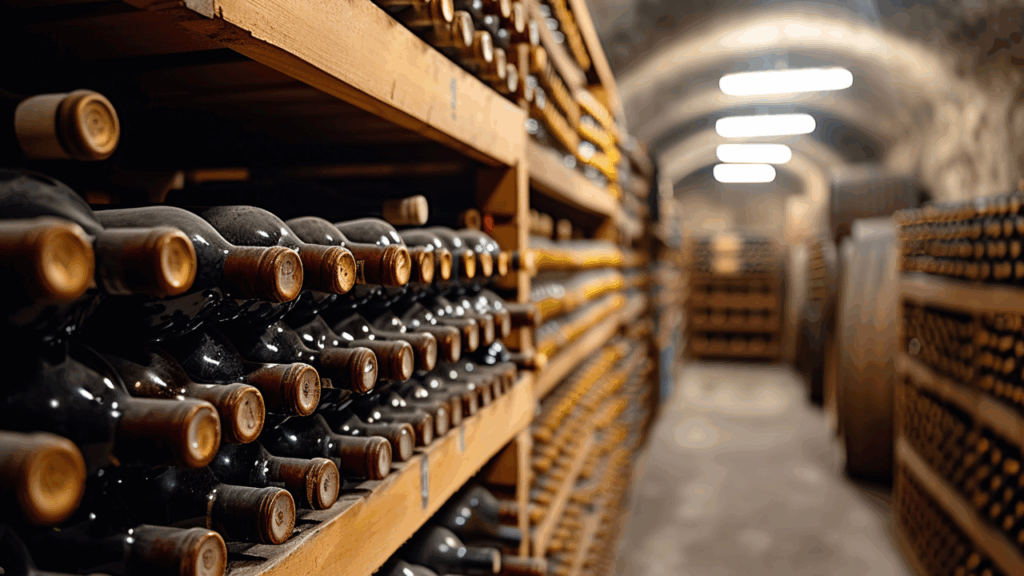
5. Trends and market for organic, biodynamic, and natural wines
“Responsible” wines are experiencing constant growth, driven by consumer curiosity, professional enthusiasm, and the international expansion of this segment.
Growing popularity
In France and internationally, organic, biodynamic, and natural wines are attracting increasing attention:
- Consumers are seeking environmentally respectful products, transparent production methods, and authentic flavors.
- Sommeliers, wine merchants, and restaurateurs are incorporating these wines into their selections to meet growing demand.
- Export markets value these responsible wines as symbols of quality, terroir, and French and European authenticity.
- Consumption trends favor fruity, sparkling, or slightly pétillant wines meant to be enjoyed young.
Emergence of new producers and labels
- Many wineries are transitioning to organic or biodynamic viticulture, often converting from conventional practices.
- Labels such as AB, Demeter, and the informal “Vin Nature” certifications have become reliable markers for both consumers and professionals.
- This dynamic encourages diversity and innovation, with original cuvées, atypical single-varietals, and creative blends.
Professional interest
- Sommeliers and wine merchants: integrating these wines allows for more diverse wine lists and the ability to provide expert guidance on winemaking and style.
- Restaurants and hotels: offering responsible wines meets the expectations of clients increasingly attentive to environmental and health concerns.
- Export and international markets: French organic and biodynamic wines are particularly sought after in European, American, and Asian markets, where traceability and sustainability are key differentiating factors.
The market for organic, biodynamic, and natural wines is expanding rapidly, offering strategic opportunities for wine professionals who want to stand out and satisfy the growing demand from discerning consumers.
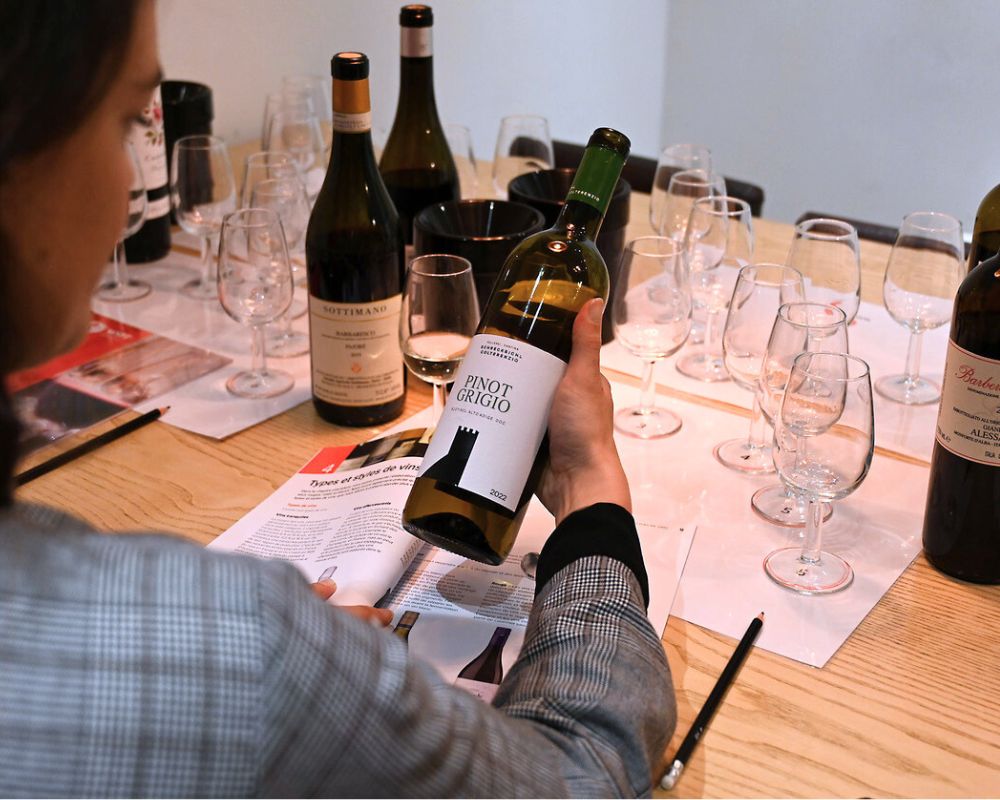
6. Why train on organic, biodynamic, and natural wines with Weeno
Training on responsible wines goes beyond understanding their philosophy: it is a powerful lever to develop your expertise and professional skills in the wine industry.
Recognized WSET expertise
Through the WSET programs offered by Weeno, you will learn to:
- Identify the differences between organic, biodynamic, and natural wines by analyzing vineyard practices and winemaking techniques.
- Develop your palate and tasting skills to recognize the aromatic and sensory profiles unique to each type of wine.
- Understand the impact of responsible practices on wine quality, flavor, and terroir expression.
Practical and theoretical training
Our courses combine:
- Detailed theoretical lessons on organic, biodynamic, and natural viticulture, regulations, and certifications.
- Practical workshops and tastings, applying your knowledge to wines representative of different styles and terroirs, with a selection primarily of organic and biodynamic wines.
Professional development
Training with Weeno allows you to:
- Enhance your skills in sales and export of responsible wines.
- Improve your sommelier and advisory skills, with a focus on food & wine pairings adapted to these styles.
- Develop your teaching and training abilities, ideal for wine education and professional instruction.
Organic, biodynamic, and natural wines represent growing markets and expertise highly sought after by wine professionals. Completing a Weeno training program will allow you to master these varietals and techniques, turning your knowledge into a distinct professional advantage.
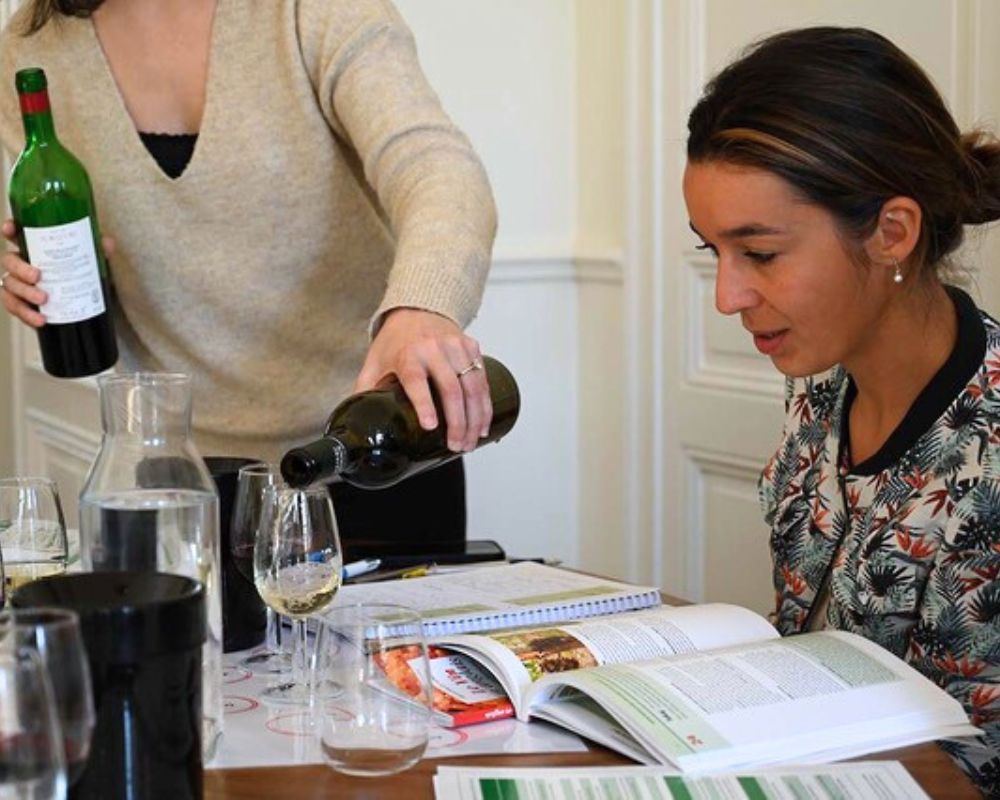
Understanding the differences between organic, biodynamic, and natural wines is essential for any wine enthusiast or professional aiming to develop their expertise.
Each of these styles offers a unique approach to the vineyard, winemaking, and terroir expression, directly influencing the wine’s flavor and quality.
Tasting, analyzing, and comparing these wines will help you refine your palate, better understand responsible practices, and gain an expert perspective on wine production and style.
To go further and master the subtleties of organic, biodynamic, and natural wines, explore our WSET training programs at Weeno. Our courses combine theory, tasting, and practical professional experience, giving you all the tools to turn your passion into recognized expertise.
➡️ Discover our WSET courses and deepen your knowledge of responsible wines: Weeno WSET Trainings
